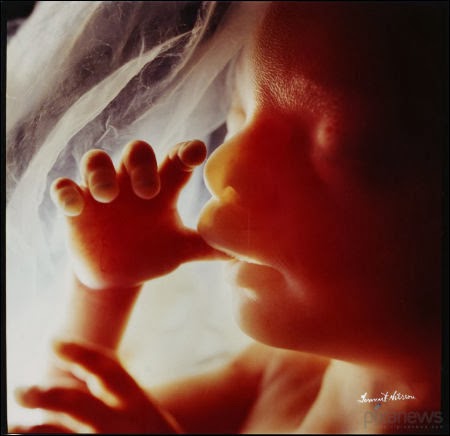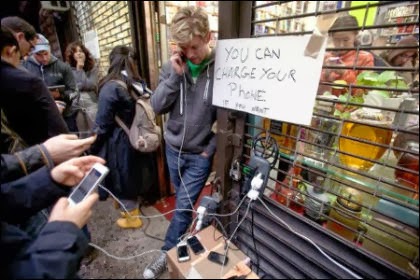Klein-Levine Syndrome is also known as the ‘sleeping beauty’ syndrome. It’s a rare disorder that causes episodes of excessive sleep in its victims (hypersomnolence). Those affected by the disease can sleep for a period of 20 hours per day, with visits to the bathroom and to eat in between. The episodes start with drowsiness and can last for days, weeks or months. It affects mostly young males aged between 15 and 25.
During the episodes, victims are difficult to awaken and when they do, they are in a dream-like state. They experience hallucinations, irritability, disorientation, apathy, confusion, lethargy, childishness, excessive food intake and an uninhibited sex drive. Taking care of themselves, going to school or work becomes difficult for them during the episodes.
Klein-Levine syndrome usually starts when most of its victims are adolescents and can occur twice or twelve times in a year. Symptoms appear without warning and when the victims finally wake up, they have no recollection of their experiences during the episodes.
Patients are usually in perfect health in between episodes and have no behavioral or physical dysfunction. They lead normal lives just like everyone else with sleep patterns that are regular. The episodes become infrequent as one ages and eventually disappear. In some cases, however, patients have the episodes even in their 40’s and 50’s.
Causes of the syndrome are not yet known, although the disease pathology suggests a malfunction of the hypothalamus and thalamus. These parts of the brain govern sleep, sex drive and appetite. Others suggest hereditary factors. No definitive treatment has been found for the syndrome and victims must be watched with care during episodes. Doctors prescribe medications that counter the effects and help spread the episodes further apart.
Nicole Delien is one such victim who sleeps for 18 to 19 hours during episodes. She once slept for 64 days that she missed Thanksgiving and Christmas. Her sleeping spells began when she was six and a half. 'I don't remember what happens (during that time),' she told the Today show. 'It's hard for me to talk about it, because I've missed so many days of my life. I just don't like when people call it a fairy tale, because it's really not.'
It was difficult for her parents to get a correct diagnosis for her and they had to see different doctors to figure out what was really affecting their daughter. A psychiatrist at the Allegheny General Hospital of Pittsburg, Pennsylvania, Dr. Michael Rancurello was able to identify the disorder. He advised them on how to manage the disease, including its medication. He referred to Nicole’s unconscious state as a “delirium” on the Today Show.
'It's really not sleeping, I think it's a manifestation of some brain malfunction,' he said.
[source:www.dailymail.co.uk ]
.jpg) |
| Image source: www.globalgenes.org |
Klein-Levine syndrome usually starts when most of its victims are adolescents and can occur twice or twelve times in a year. Symptoms appear without warning and when the victims finally wake up, they have no recollection of their experiences during the episodes.
Patients are usually in perfect health in between episodes and have no behavioral or physical dysfunction. They lead normal lives just like everyone else with sleep patterns that are regular. The episodes become infrequent as one ages and eventually disappear. In some cases, however, patients have the episodes even in their 40’s and 50’s.
Causes of the syndrome are not yet known, although the disease pathology suggests a malfunction of the hypothalamus and thalamus. These parts of the brain govern sleep, sex drive and appetite. Others suggest hereditary factors. No definitive treatment has been found for the syndrome and victims must be watched with care during episodes. Doctors prescribe medications that counter the effects and help spread the episodes further apart.
 |
| Nicole Delien, 17, is afflicted with Kleine-Levin Syndrome, a rare disorder that causes her to sleep 18 to 19 hours a day Image source: www.dailymail.co.uk |
 |
| Nicole with her parents on the Jeff Probst Show Image source: www.dailymail.co.uk |
 |
| Video footage of Nicole before she fell asleep for 64 days Image source: www.dailymail.co.uk |
 |
| Nicole with her parents on the Jeff Probst Show Image source: www.dailymail.co.uk |
[source:www.dailymail.co.uk ]

.jpg)
.jpg)
.jpg)


.jpg)
-thumb-615x395-113525.jpg)





































